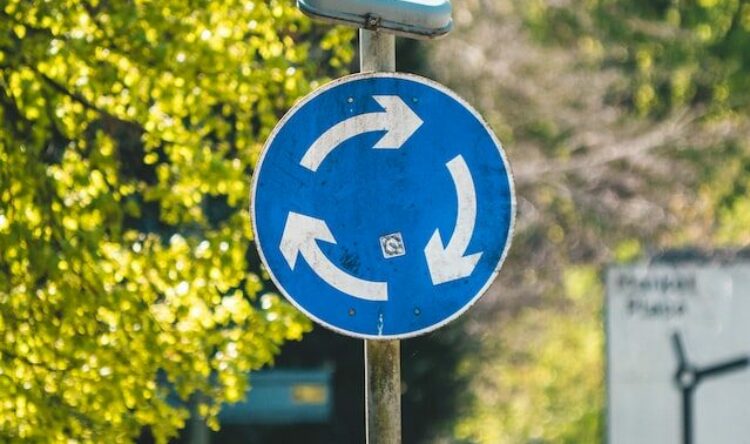Leaking fuel
Thefts of fuel from forecourts sees dramatic rise
As the squeeze on personal finances grips society tighter, it’s perhaps no surprise that desperation leads to more shoplifting.
But this isn’t confined to your local supermarket; petrol forecourts are suffering too.
The theft of petrol and diesel has risen dramatically, official data suggests.
Topping up
The revelations come in response to a Freedom of Information request made by the RAC Foundation.
DVLA official figures reveal that in the third quarter (July – September) of 2023, it received 39,563 requests for vehicle keeper data in relation to fuel theft.
This is 77% higher than the 22,335 requests received in the same quarter in 2022.
Even more shocking, it is 362% higher than the 8,558 requests the DVLA dealt with in in the same quarter in 2019. This was before the Covid pandemic.
Pit stop
The majority of these thefts are likely to be related to so-called drive-offs. Motorists fill up their tanks on the forecourt with no intention of paying before they leave. It’s a practice known as ‘bilking’.
This is different to ‘no means of payment events’. These include genuine errors where drivers refuel but then realise they can’t pay because, for example, they have forgotten their wallets or purses. In such instances the drivers will tell the forecourt staff and be given time to pay what they owe.
Figures from BOSS – the British Oil Security Syndicate – show the average annual financial loss caused by fuel theft is £10,500 per site.
The maximum penalty for those found guilty of Making Off Without Payment, an offence under the Theft Act 1978, is two years in prison and/or an unlimited fine.
Leaky sieves
While the rise in such events as personal finances are squeezed, these rises are still shocking, says Steve Gooding, director of the RAC Foundation. “A big and growing problem, and these figures might only hint at a much bigger issue.
“While it may be that the cost-of-living crisis is tempting some people to risk driving off without paying, the real headache for fuel suppliers is if this is a sign of more systematic criminal activity.
“The message to anyone tempted to bilk the service station must be ‘don’t fill up if you can’t pay up’ because getting caught is a real possibility, and financial losses to companies ultimately lead to higher prices for us all.”
It is increasingly difficult to get away with such criminal behaviour. The rise of CCTV and ANPR technology means that cars are easily tracked to their owners. However, when it comes to stolen vehicles, the double whammy can prove to be a knock out punch.







